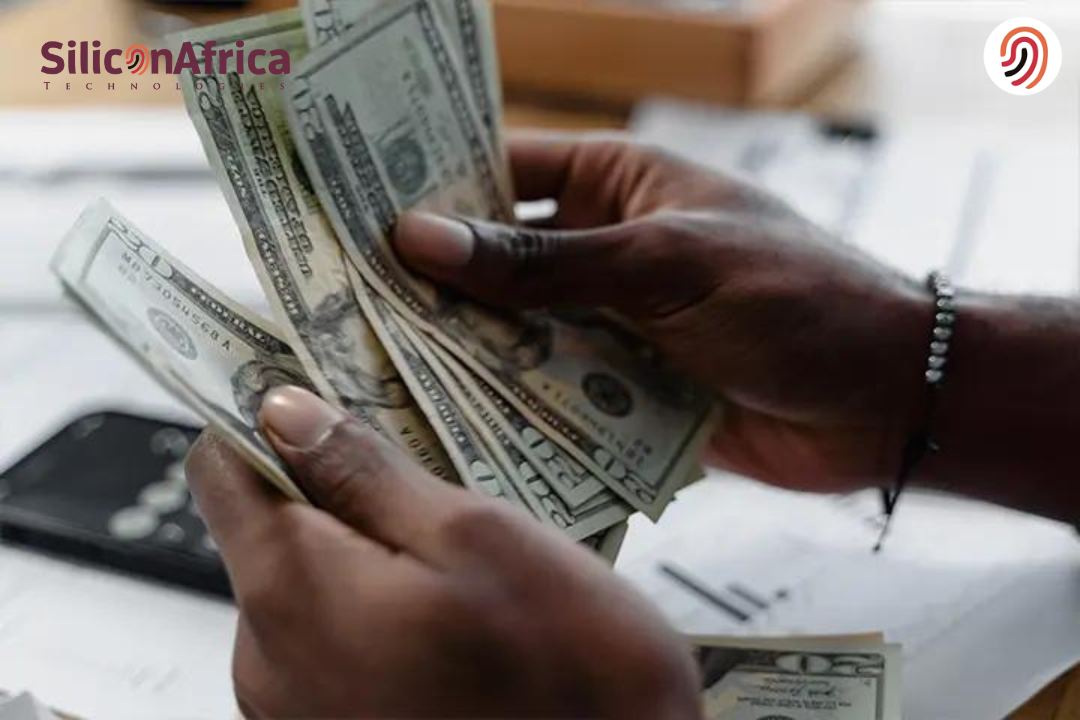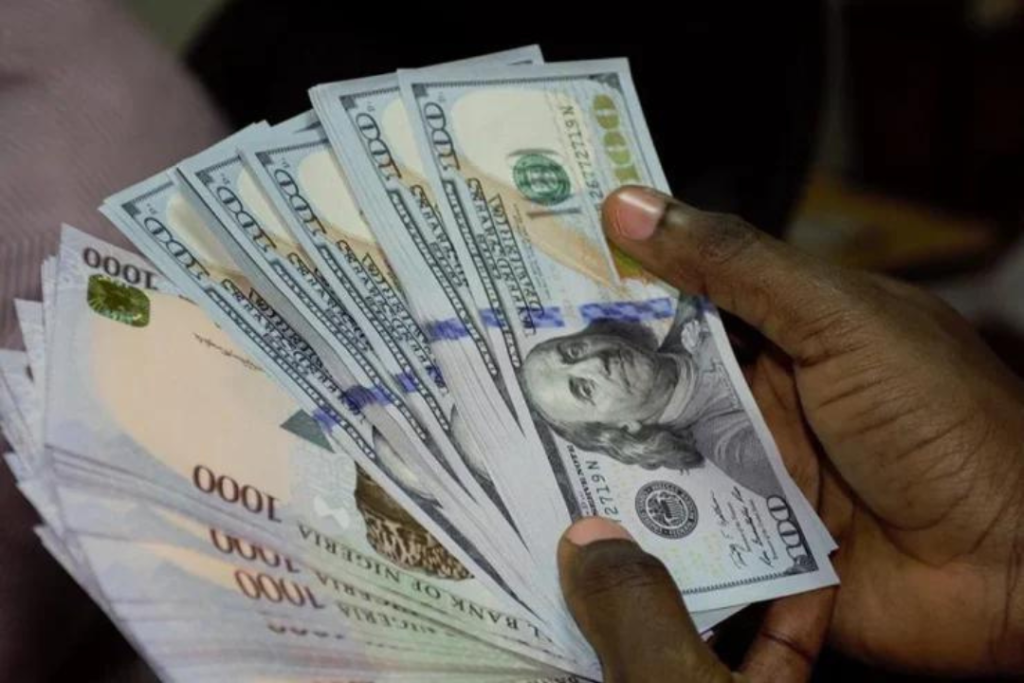Physical Address
60 Ekwema Cres, Layout 460281, Imo
Physical Address
60 Ekwema Cres, Layout 460281, Imo

Opening a dollar account in Nigeria may seem easy, but to many people, it isn’t. If you’ve ever wondered how to open a dollar account in Nigeria, you are not alone.
Understanding how to have a dollar account in Nigeria will be critical for handling your finances properly, especially when you receive frequent payments in foreign currency or need to carry out some international transfers.
So, how can I open a dollar account in Nigeria? Well, that’s easier than you may think. You have an option between traditional banks and digital banking platforms, both of which have some benefits, so understanding the process will be quite important.
In this article, we will guide you through the whole process, making sure that you know what to do accurately.
If you want to open your dollar account in Nigeria, whether you’re looking at this from a digital banking or traditional setup, we have you covered.
A dollar account in Nigeria is otherwise known as a domiciliary account. It’s a type of foreign currency bank account perfect for individuals who are into international transactions.
Unlike normal savings accounts, a dollar account allows you to save, transact, and keep funds in foreign currencies such as the US dollar, British pound, or euro.
They make it very easy to receive, hold, and use foreign currencies without passing through frequent currency changes.
From attractive interest rates to varied banking services and even cash withdrawals in foreign currencies, the dollar account offers flexible and easy ways for people and businesses to conduct cross-border activities.
Read Also – 15 Free Online Business that Pays Daily In Dollars For You To Try
As earlier said, a dollar account in Nigeria is a bank account where you can hold and perform various transactions in foreign currencies, most especially US dollars.
Here’s how it works:
A dollar account in Nigeria offers an easy avenue for dealing with foreign currency transactions, thereby offering a good opportunity for both individuals and businesses with cross-border activities.
Opening a US Dollar account, commonly referred to as a domiciliary account in Nigeria, typically requires the following documents:
These documents vary slightly from bank to bank, so further documentation and requirements could be needed; it’s always best to check directly with the bank.
Also Read – Huawei Secures Multi-million Dollar Storage Deal with UBA

There are several ways to open a dollar account in Nigeria. Follow this simple guide to learn how.
You can apply for a domiciliary account by visiting any bank branch. A domiciliary account allows you to execute transactions in all available foreign currencies, of which the US Dollar is one.
You will be expected to complete an application form and, if necessary, provide certain documents, such as a valid means of identification and proof of address.
First Bank, Zenith Bank, and UBA provide this service, among others; for transactions, you may be given a debit card.
You can, alternatively, open a dollar account through online services for digital banking, such as Grey or ALAT. You won’t be required to go to the bank to open one on these platforms.
This usually requires a valid ID and any recent bill showing payment of utility bills. While these are pretty convenient, they are also relatively cheap in transaction charges.
By following these steps, one can easily learn how to have a dollar account in Nigeria.
Read Also – Fitch Ratings Predicts Naira Could Reach 1450 Against Dollar by December
Having learned how to open a dollar account in Nigeria, the next question will be whether there are charges for maintaining it. Yes, there are some charges for having a dollar account in Nigeria.
Knowing the terms of your account is wise to reduce these charges. It will be better if you contact your bank to find out what charges and fees apply when opening your dollar account in Nigeria.
If you are still confused about how to open a dollar account in Nigeria, ask your bank or financial advisor.
After opening a dollar account in Nigeria, perhaps the next thing on your mind is how to fund the account. You can be assured that there are a host of eases when investing your dollar account here in Nigeria.
With these steps, you should have a dollar account in Nigeria and be able to easily conduct foreign currency transactions.
Also Read – 12 Best Dollar Investment Apps In Nigeria 2024
After funding your dollar account in Nigeria, at one point or the other, you may need to withdraw funds for one reason or another. How to go about it:
By knowing how to withdraw from your dollar account in Nigeria, you can surely handle your finances well and enjoy the conveniences of having quick access to your money.
Would you like to know how to open a dollar account in Nigeria? Let us show you the importance of motivating you to do so.
By opening a dollar account, you will have all these advantages and alleviate your international transaction headaches. Learn how to open a dollar account in Nigeria today and take control over your finances!
Opening a dollar account in Nigeria is not at all difficult, and one can easily be flexible in dealing with foreign currency.
From the above steps, you might have learned how to open a dollar account in Nigeria. By now, you can avail the benefits.
If you are still wondering, “How can I open a dollar account in Nigeria?” The answer is simple: visit your bank. Now that you know how to own a dollar account in Nigeria, why not start today to open one?
If you find this article informative, please leave a comment and follow us on Facebook @ Silicon Africa, Instagram @ Siliconafricatech and Twitter @siliconafritech.
Some of the regular options are:
Domiciliary current account for transaction purposes
Domiciliary savings account for interest accrual
Domiciliary fixed deposit for higher interest rates
Yes, there are banks that allow opening a domiciliary account in the child’s name; an example is the UBA Kiddies Domiciliary Account. Requirements include the child’s birth certificate, means of identification of the parent/guardian, and an initial deposit.
Most banks have a minimum opening balance requirement, and that, too, is different. Suppose First Bank has it at $100 minimum; UBA variants start at $50.
Online transactions are possible for most dollar accounts, and users can facilitate international payments and transfers through the facility of mobile banking apps or Internet banking platforms.